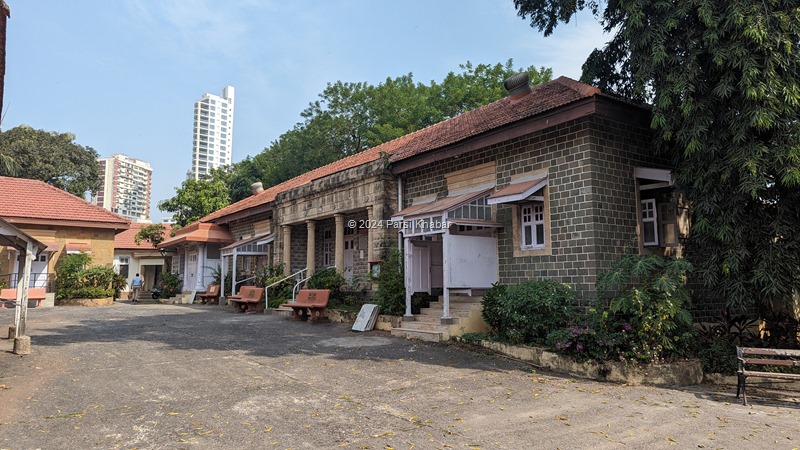Plans are on to have vultures flock Doongerwadi once again
The Bombay Natural History Society plans to work with Mumbai’s Parsi community to introduce vultures in Tower of Silence to counteract the dwindling population
BNHS to work with stakeholders of Parsi community to achieve the objective
Article by Yogesh Naik | Hindustan Times
After the Bombay Natural History Society (BNHS) released 10 long billed vultures in Pench National Park, Madhya Pradesh, and Tadoba Tiger Reserve, Chandrapur, on Sunday to counteract its dwindling population, the body is now planning to work with stakeholders of Mumbai’s Parsi community to introduce the birds of prey in the Tower of Silence at Doongerwadi, Mumbai.
The vultures released at Pench and Tadoba were brought from Jatayu Conservation and Breeding Centre in Pinjore, Haryana.
The vulture population has thinned over time as cattle keepers use Dicloflenac, an anti-inflammatory medicine used to treat animals. The birds preying on the carcases – their main food — led to their numbers getting diminished.
BNHS has had an informal meeting with members of the Parsi community for the move in Doongerwadi, in the hope that together they can set up an aviary on the premises where the vultures can thrive. Elucidating the plan, BNHS president Praveen Pardeshi said, “Once they are introduced here, we are hoping that they can adapt to their ecological role. We will continue to look after the birds by providing alternate food when there are no funerals. We can use the learning from Pench and Tadoba; we know what is to be done to rewild the vultures.”
Viraf Mehta, president of Bombay Parsi Punchayet, said, “We have had discussions with BHNS in the past. I am happy to start a fresh dialogue to introduce vultures at Doongerwadi, which can benefit the Parsi community.”
Putting focus on the dwindling numbers, wildlife conservationist Darshan Khatau, who resides near Raj Bhavan, said, “The last I saw a vulture was over a decade and a half ago. There were over hundred vultures in the Malabar Hill area at one time, who could be spotted atop palm trees near Spenta Apartments.”
Khatau said special care needs to be taken for the birds brought from a different region to thrive in Mumbai. “We need a healthy population of vultures which can be introduced at the Tower of Silence, although we cannot control the use of Dicloflenac in patients who die.” He added that thick foliage of trees in Hanging Garden and Doongerwadi area need to be maintained for their survival.
Speaking about the recent move in Tadoba and Pench, Pardeshi said, “An expert veterinary doctor and zoologist, who is a vulture expert, will be stationed at the two places for over a year to assist the forest department. All vultures are healthy and have taken the first feed of goat meat and had water. Their health will be monitored over the next three months. Experts who managed vulture breeding centers in West Bengal, Bhopal and Pinjore are overseeing the programme. The birds will later be released in the wild where they can feed on ample wild carrion free of Dicloflenac.”

